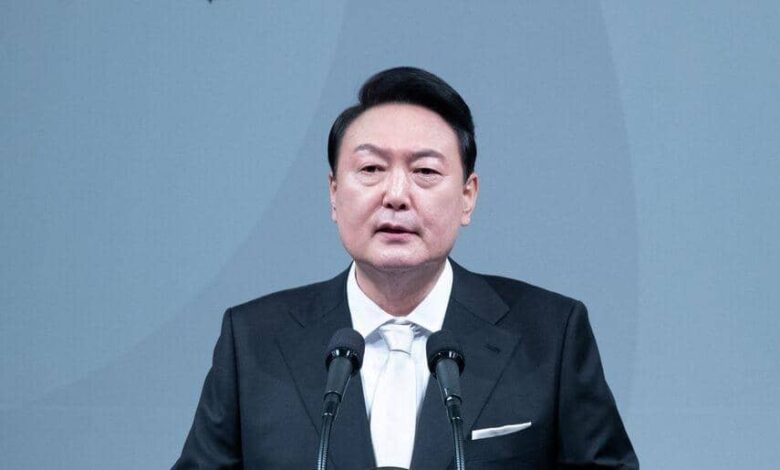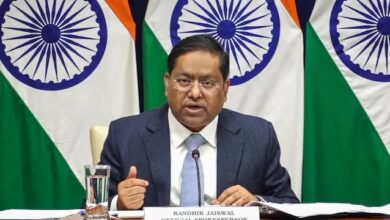
One of his first outings this year, South Korean President Yoon Seok Yeol sought to boost confidence in the country’s stock market, perceived as cheap relative to global peers. Fast-forward to 2024 and chaos has struck after a brief imposition of martial law saw Asia’s fourth-largest economy slide into one of its most serious political crises.
Geoffrey Cain, the author of Samsung Rising, said that South Korea was once considered a bulwark against authoritarianism in a region influenced by China. Yet the recent declaration raised concerns about political stability and market confidence. “Even its economy is not safe from political interference,” he added.
With the National Assembly scheduled to vote on the impeachment of Yoon, the president’s fate is hanging in the balance. Yoon has refused to resign, while Han Dong-hoon, leader of the conservative People Power Party, announced opposition to the impeachment effort, further complicating its chances of success.
The opposition, dominated by the centre-left Democratic Party, needs at least eight conservative lawmakers to secure a two-thirds majority to impeach. As uncertainty weighed, South Korea’s benchmark stock index, the KOSPI, retreated 0.9 percent on Thursday, after sliding 1.44 percent a day earlier.
Yeo Han-koo, the former trade minister, warned that prolonged political turmoil could undermine confidence among investors and consumers. Analysts liken the situation to Thailand’s political unrest since the 2006 coup, which has had lasting negative effects on its economy.
Despite these challenges, strong economic fundamentals and institutions provide a basis for cautious optimism about future stability as the nation navigates this complex political landscape.



